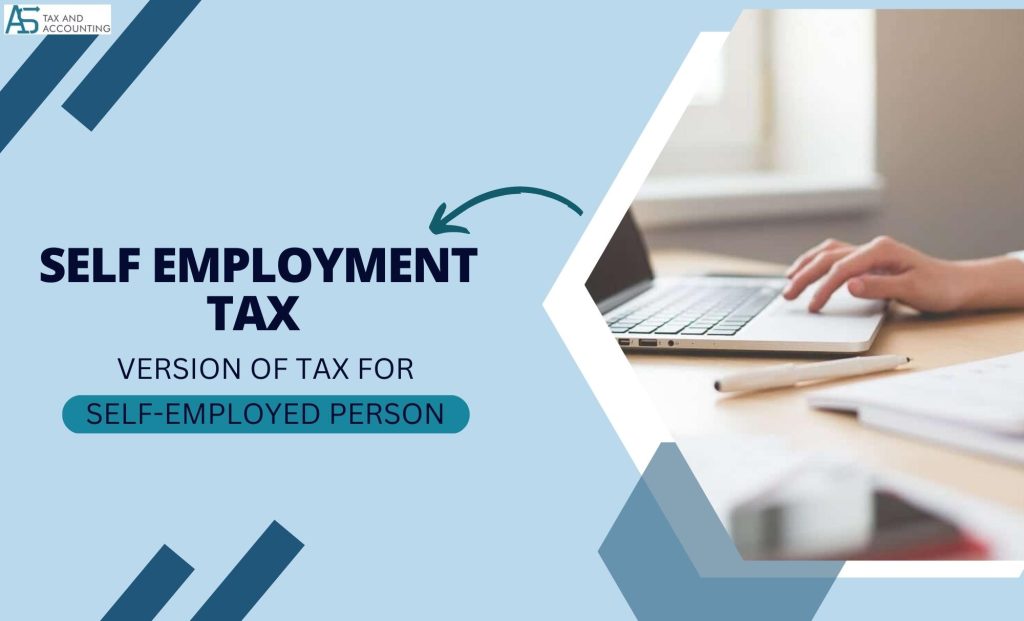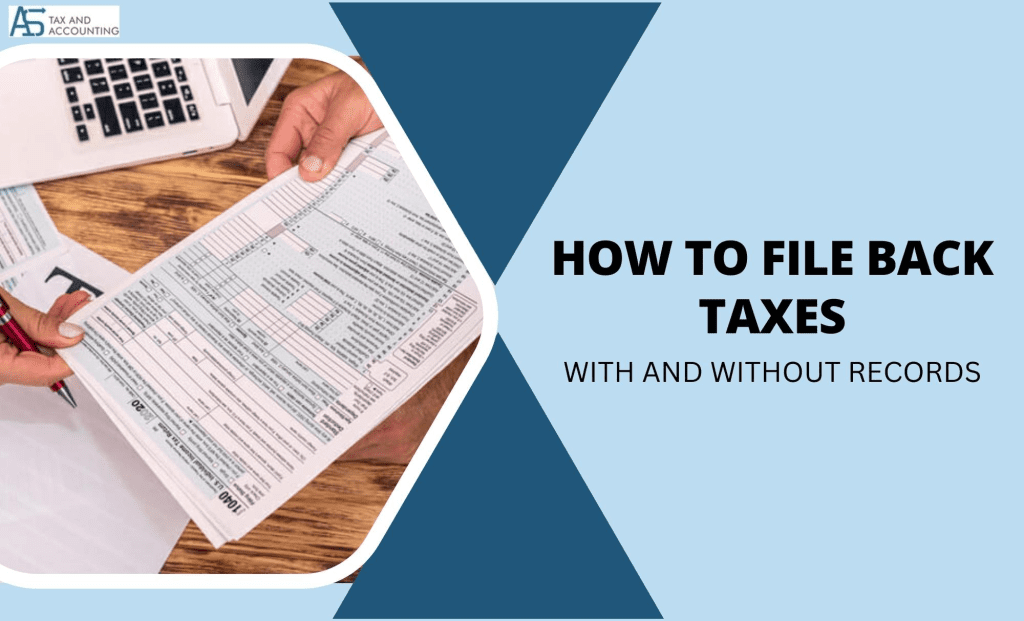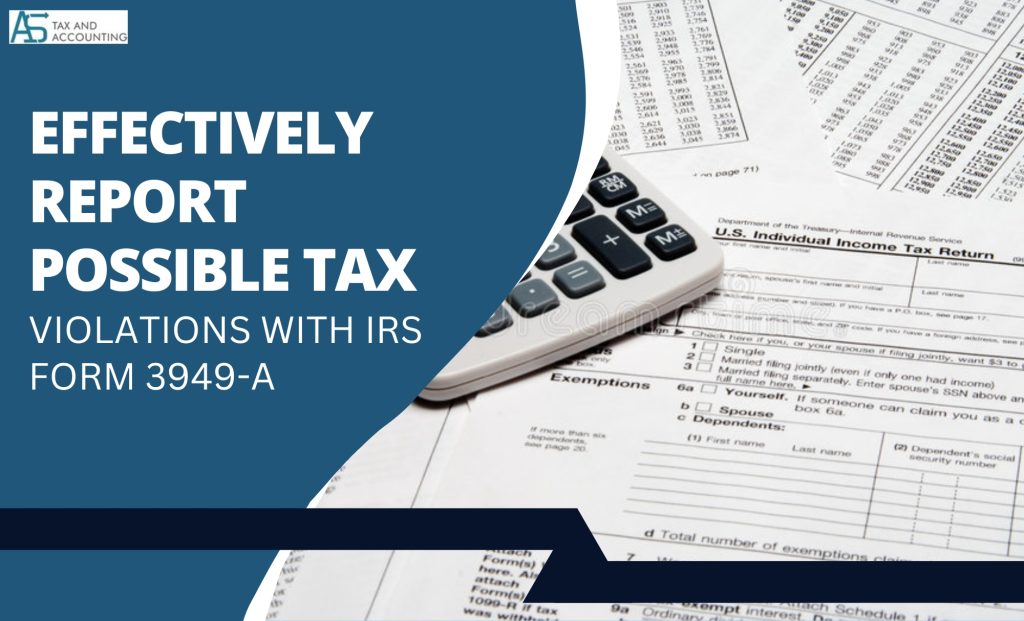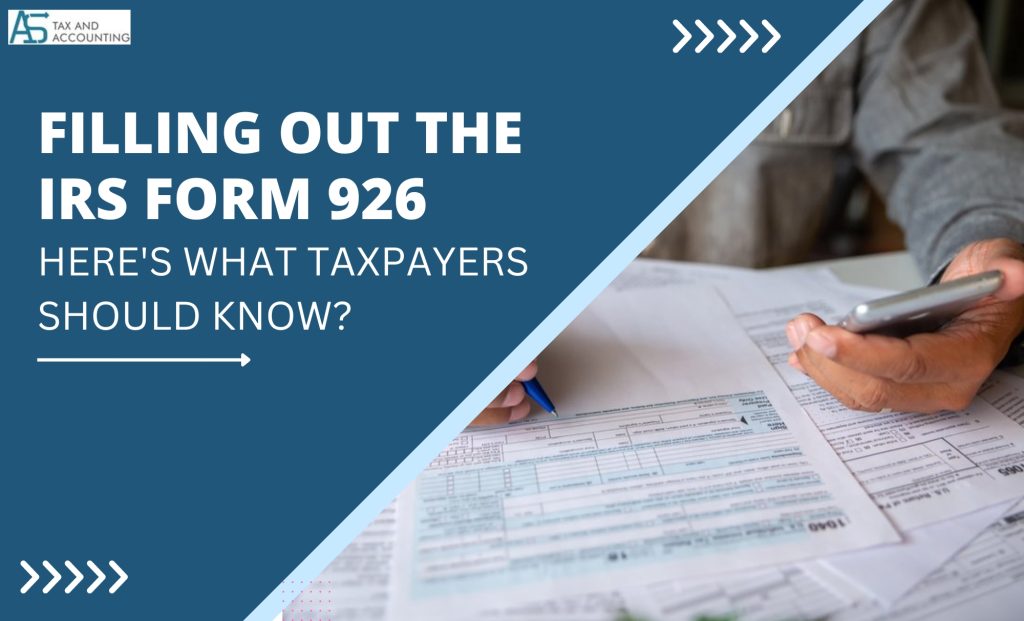There are many businesses that have multiple employees. The employees work from 9 to 5. The business maintains the payroll, and these employees prepare and file their taxes according to their tax brackets. As an employee, you may have observed that your paycheck does not have a full salary. It is mainly because the firm holds some amount for completing payroll taxes. Apparently, you may think that the self-employed or freelancer won’t have to pay any taxes. But it is not true. There is also self employment tax which is imposed by the IRS.
What is Self Employment Tax?
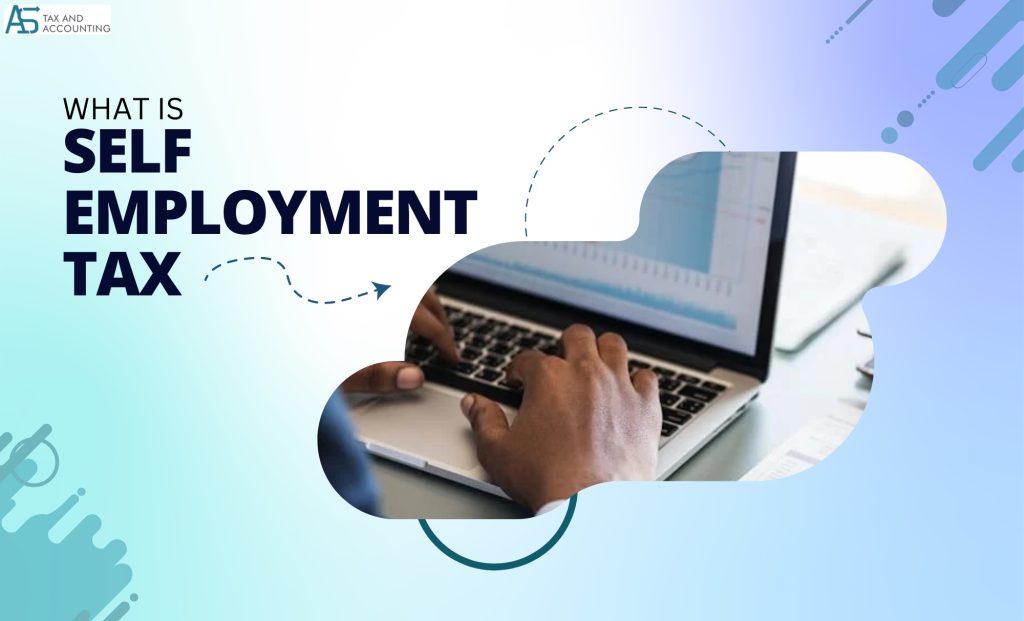
There are many taxes that US citizens pay. Among them is a self employment tax. The Social Security and Medicare tax (health insurance) that self-employed people pay is known as the self-employment tax (or SE tax). It is comparable to the FICA tax that companies deduct as payroll taxes from their employee’s paychecks.
Because employers are required to cover half of their employees’ Social Security and Medicare taxes, the self-employment tax is higher than the Social Security and Medicare taxes because you are responsible for covering the total cost as an independent contractor.
Thus, Self-employed people must pay self-employment tax to be eligible for Social Security payments when they retire. Self-employed people have to pay both portions of these taxes.
Who Needs to Pay Self-Employment Taxes?
Usually, employees who are independent contractors, sole proprietors, and who work for themselves are considered self-employed. The Internal Revenue Service may also classify a partner in a partnership who operates a business or commerce as self-employed (IRS).
Irrespective of your age or whether you get Social Security or Medicare, you must adhere to the following tax guidelines. Generally speaking, you have to pay self-employment tax if either of the following activity occurs throughout the year.
- You earned at least $108.28 per month working for the church.
- Your net self-employment income was $400 or more (excluding anything you made as a church employee).
- If an organization you did work for sent you a 1099 form, the IRS may view you as self-employed. It also holds true if you receive payment in cash and do not receive a 1099-Misc.
Self-Employment Tax Rate
Since a self-employed person is both an employer and an employee, their social security tax rate is 12.4%. It includes the employer tax rate of 6.2% and 6.2% for employees.
- For the year 2022, only the first $147,000 of self-employment income is subject to the Social Security tax. The maximum levy of $18,228 is allowed in the year 2022.
- Whereas, for the year 2023, only the first $160,200 of income is subject to social security tax. Thus, it will result in a total tax of $19,864.80.
- In the case of medicare tax, the rate is 1.45% for employers and 1.45% for employees. Therefore, a total of 2.9% are medicare of sole workers. Medicare taxes do not have an upper-income restriction.
- Hence, 15.3% is the overall self-employment tax rate.
How to Calculate Self-Employment Tax?
Utilize IRS Schedule C to calculate your net earnings for the year. Here are the quick steps to determine the self-employment tax for your current tax year:
- Firstly, find out your net earnings. Your net earnings are equal to the gross income minus the business expenses.
- The IRS permits you to deduct 7.65 percent of your net profits before calculating the tax, lowering the amount you will be required to pay. Thus, 92.35% of your income is liable for self-employment tax.
- Next, calculate the tax owed on your net self-employment income using IRS Schedule SE.
- Apply the 15.3% self-employment tax rate on your net earnings.
Example
Let’s understand it with an example. If your net earnings are less than your social security base wage, follow these steps.
- Calculate your taxable net earnings.
If your net income in 2022 is $90,000, then multiply it by 92.35%.
$90,000 x .9235 = $83,115.
- Calculate self-employment taxes.
Multiply the taxable net earnings by the 15.3% self-employment tax rate.
$83,115 x .153 = $12,716.
Your self-employment taxes are 12,716.
Now, if your net earnings are more than your social security base wage, follow these steps.
1. Calculate the taxable net earnings.
Suppose your net earnings are $160,000 for 2022. At the same time, only $147,000 of your earnings is applicable for social security taxes.
For social security, taxable self-employment tax income is $147,000.
For Medicare, taxable income is 160,000 * 92.35% = $147,760.
2. Self-employment taxes.
Social Security = $147,000 * 12.4% = $18,228.
Medicare = $147,760 * 2.9% = $4285.
Thus, total amount = $18,228 + $4285 = $22,513.
How to File?
The next most important thing that you should understand is how to file the return if you are a self-contractor. Here are the steps which you should take.
- Use IRC Form 1040 Schedule C to find out the net earnings.
- Use the IRS Form 1040 Schedule SE to calculate the taxable amount.
- An individual should adhere to IRS Form 1040 to file their taxes, as it allows them to include their deductions.
- You should keep the ITIN ready.
- You may be liable to pay estimated taxes once a quarter also. Estimates taxes depends on your yearly income gained through self-employment.
- Each quarter’s payments help in reducing your tax burden at the time of your annual return. You have to use Form 1040-ES to file for these quarterly payments.
- Self-contractors have to pay estimated taxes payments if they expect to owe $1,000 or more in taxes when they file their annual returns.
- You can determine your quarterly payments based on what you paid last year if you have a prior year’s self-employment income and anticipate earning a comparable sum. You will not incur a penalty fee if you pay 100% of what you owe in quarterly installments from the prior tax year, even if you earn more.
You must determine your self-employment taxes separately if you file a joint return with another self-employed individual. The SECA prohibits joint filers from combining their incomes. So, it is a best practice to consult a professional tax preparer to ensure you file your taxes correctly.
Tax Deductions for Self Employment
There are some tax deductions that can help self-working individuals save money. Here are some ways to deduct your tax liabilities. However, you must adhere to the legal ways to take advantage of tax deductions.
Deduction on Meals – You can deduct 50% of your expenses on meals spent on business.
Health insurance premium – If you are a self-contractor or freelancer, you can deduct your premiums for health insurance while filing taxes.
Rent deduction – the IRS allows individuals working alone to get a rent deduction for their office space.
Home office deduction – If you conduct your business from your residence, you may benefit from this deduction. You’ll need to calculate your office’s square footage to do this.
Travel expenses – You can write off the price of airfares to conferences and meetings for business purposes. The price of hotel stays and auto rentals are all tax deductible.
FAQs
The self-employment tax is not due to self-employed people making less than $400 annually or less than $108.28 from a church.
W-2 employees split their 15.3% tax rate with their business owners. On the other hand, IRS consider freelancers as employee and employer. So, they have to pay the taxes of both entities. Therefore, the tax amount will be high.
The tax rate for self-contractor people is a total of 15.3%. It consists of two parts. 12.4% for social security. 2.9% for medicare.
Neglecting to declare self-employment income is a serious concern. It will be a state and federal crime. It will count as tax evasion. You will have to pay incurring fees and interest on the remaining balance. Moreover, failure to pay your taxes could result in your arrest and imprisonment.
- Author Details
- Latest Posts


